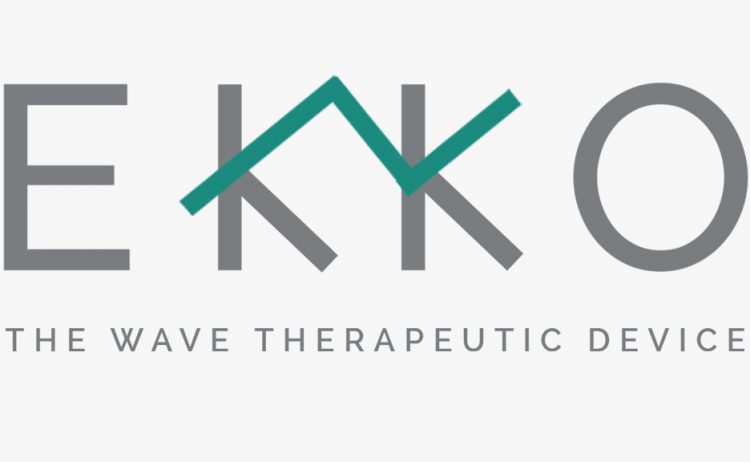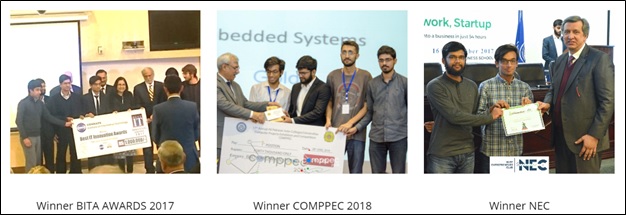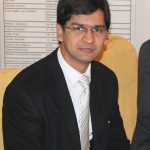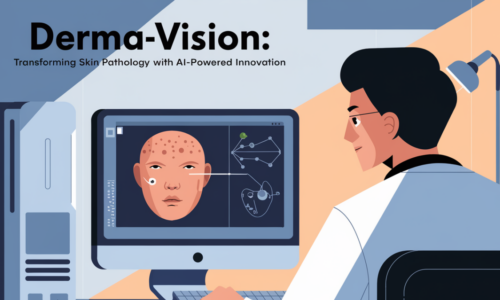Children in the modern day are affected by many diseases in their childhood and some at the time of birth. Diseases which affect children at birth are usually caused by premature birth, complications during birth or due to complications during the development of the fetus. These diseases include behavioral, neural, and physical disorders. Some of the prominent disorders include Sensory Dysfunction Disorder (SDD), Stereotypic Movement Disorder (SMD), Dystonia, Chorea, Cerebral Palsy (CP), Muscle Atrophy/Local Atrophy, Tongue Neuropathy, Squint (strabismus), Childhood apraxia of speech (CAS) and Dysarthria. There are 1 billion such patients globally, 20 million in Pakistan only and 12% of global deaths are due to these disorders. The World Health Organization reports that nearly 10-20% of children worldwide suffer from a mental disorder. The Center for Disease Control and Prevention of the United States of America reports that nearly 11% of 4-17-year-old children of their population, which is roughly 6.4 million, suffer from Attention Deficit Hyperactivity Disorder (ADHD) and 237,000 children aged 2 to 5 years in the United States had an ADHD diagnosis.
EKKO Wave Therapeutic Device has been developed by the researchers from College of Electrical & Mechanical Engineering (CEME) to cure neurological disorders including cerebral palsy, autism etc. Vibrational waves have been found effective in the fast recovery of muscles because of their resonance with the natural frequencies of the muscle fibers and are already used in the medical industry. In recent years, these waves have shown effect on neural activity in the brain and body and thus can help in the treatment of neural diseases. EKKO provides low cost and safe treatment for these disorders. We have proven its efficacy to overcome symptoms like tongue dysarthria, motor speech aphasia/disphasia, tongue apraxia, cerebral palsy including hemiplegia, facial palsy, fine motor movements, eye squints, writing problems, drooling and chewing disorders and slow cognitive development. There are two versions of this device i.e., portable version for home usage and EKKO-Clinic for clinics/therapy centers/hospitals. The device is accompanied with mobile application to help parents in smooth therapy of their child. The application is available on Google Playstore. The device has been produced as result of Higher Education Commission (HEC) Technology Development Fund (TDF Grant). Both modules have passed through prototyping and testing and are in advance stages of commercialization. EKKO is tested against safety standards like EN 60601-1: 2006+AMD1: 2013 by 3rd Party CTI (Centre Testing International) labs, Shenzhen, China. We presented and displayed our device at Falling walls event, Berlin, Imagine Cup event at Amsterdam, Netherlands and MEDICA 2019 DUSSELDORF, Germany. As a total, 07 intellectual property rights (patent, industrial design, trademark and copyrights) have been filed against this device. For more info please visit www.ekko.pk.
The team includes innovators Dr. Sajid Gul Khawaja (Assistant Professor) and Dr. Muhammad Usman Akram (Associate Professor) from College of Electrical and Mechanical Engineering, National University of Sciences and Technology (NUST), Islamabad, Pakistan. The device is built on the theory developed by Mr. Shahbaz Khalid who is a renowned speech therapist and psychologist.
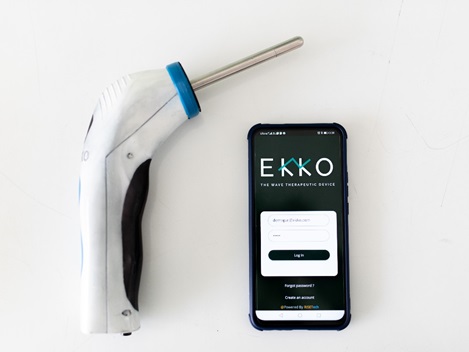
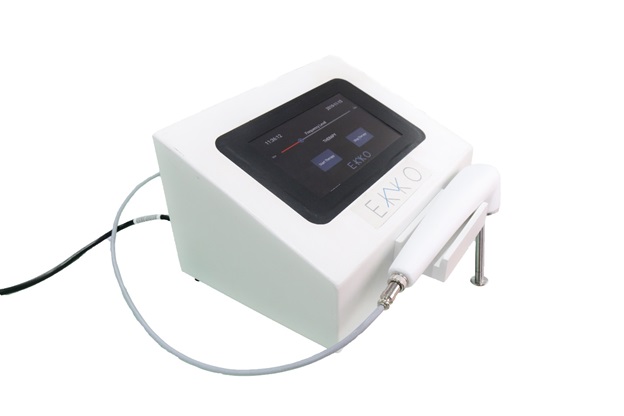
The author is the Associate Professor at College of Electrical and Mechanical Engineering, National University of Sciences and Technology (NUST). He can be reached at usman.akram@ceme.nust.edu.pk
Neurological Disorder, Neurological Disorder, Neural Disease, EKKO Wave Therapy, NUST Research, Research Activities in Pakistan, Vibrational Waves, Cerebral Palsy, Physical Disorders, Mental Disorder, Technology Development Fund (TDF Grant), TDF Grant, TDF Funding HEC, autism, Sensory Dysfunction Disorder (SDD), Stereotypic Movement Disorder (SMD), Dystonia, Chorea, Cerebral Palsy (CP), Muscle Atrophy/Local Atrophy, Tongue Neuropathy, Squint (strabismus), Childhood apraxia of speech (CAS), Dysarthria, tongue dysarthria, motor speech aphasia_disphasia, tongue apraxia, hemiplegia, facial palsy, fine motor movements, eye squints, writing problems, drooling, chewing disorders, slow cognitive development</span?

